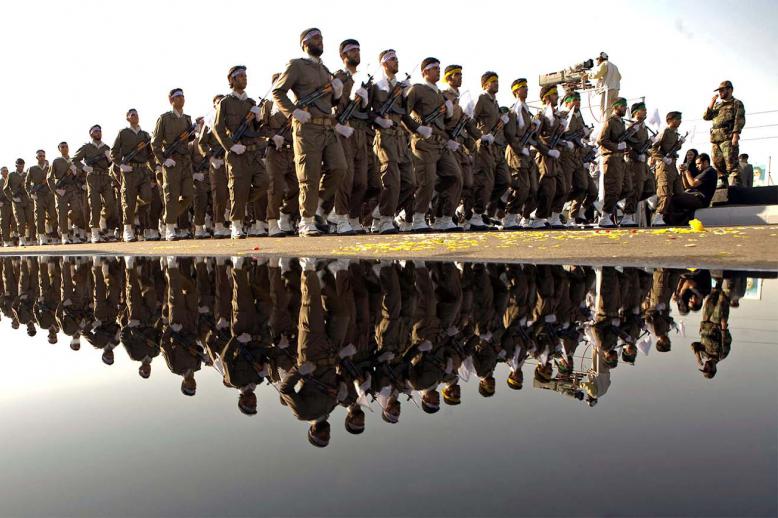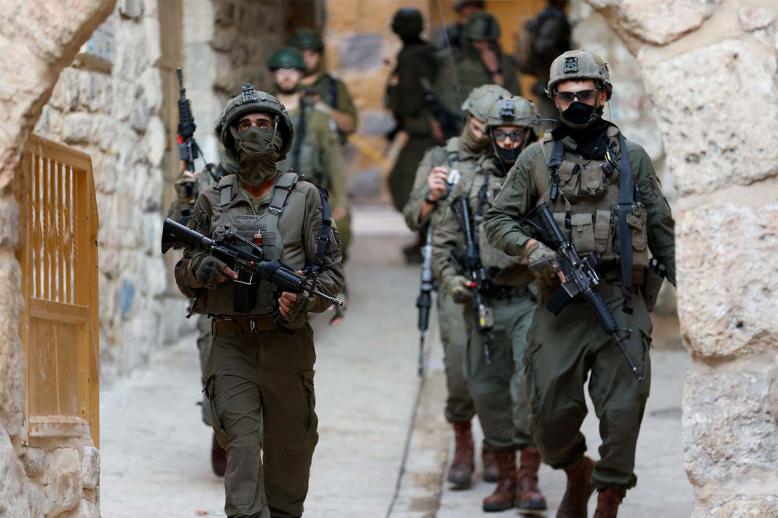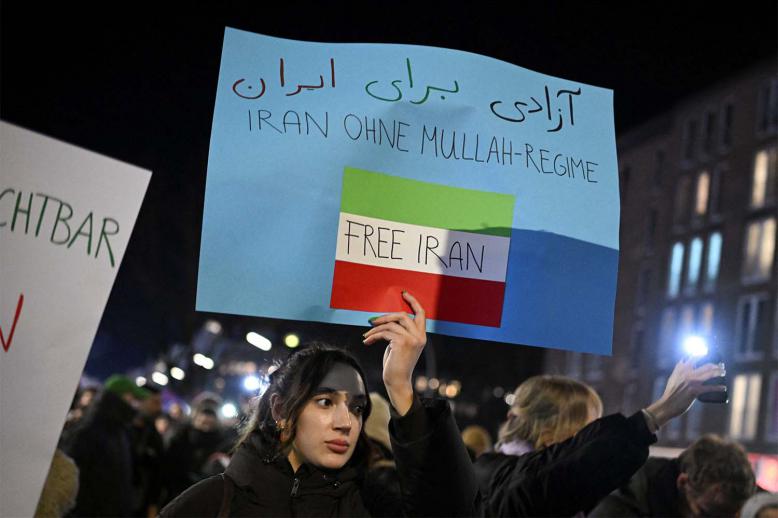Tehran’s neglect has bred trouble in Iran’s periphery
More than a dozen Iranian security operatives were abducted October 15 from their base in Loulakdan, near Mirjaveh, close to the Pakistani border. Seven of them were members of the Basij, an auxiliary arm of the Islamic Revolutionary Guard Corps (IRGC); five were border guards; two were IRGC intelligence officers.
The incident was the latest in a series of attacks against the IRGC in regions on Iran’s periphery, particularly Kurdistan, Khuzestan and Sistan-Baluchestan.
The Mirjaveh incident is arguably one in which Tehran must show the greatest restraint because the perpetrators sought refuge on the territory of nuclear-armed Pakistan. The real problem, however, is not a conflict between Iran and Pakistan but the effect of decades of Iranian neglect of regions on its periphery.
The incident became known to the Iranian public after the IRGC issued a statement. On October 16, the IRGC al-Quds base, which is responsible for security in eastern Iran, blamed the abductions on “elements of terrorist groups guided and supported by foreign [intelligence] services.”
The statement further claimed “traitors” and “counter-revolutionary infiltrators” assisted the “terrorist group.” Fars News Agency specified that the Jaish ul-Adl, a Sunni insurgent group in Sistan-Baluchestan province, was responsible for the abduction. This was confirmed by Jaish ul-Adl’s statement on its Telegram channel.
IRGC chief commander Major-General Mohammad Ali Jafari disclosed that the border guards were poisoned before being transferred to Pakistani territory. Jafari blamed “the enemies of our people” and in particular “the United States, Israel, the Saudi regime and mercenaries of imperialism and the hegemonic order.” They were trying to “create insecurity” in Iran, he said, vowing to answer them “decisively.”
Jafari and other IRGC commanders made similar promises in the wake of previous attacks on the IRGC. Sometimes, they made good on those promises.
The IRGC fired seven surface-to-surface missiles at the headquarters of the Kurdistan Democratic Party on September 8, killing some of its central committee members. It was a response to the July 21 attack on an IRGC border outpost in Dari village in Kurdistan, which killed two IRGC and eight Basij members and one enlistee.
However, the September 22 attack on the IRGC military parade in the south-western city of Ahvaz remains unanswered.
With respect to the October 15 abduction, Tehran has sought Islamabad’s assistance because a military response is beyond the realm of the possible for the IRGC.
There has also been engagement on the diplomatic front. In an October 17 conversation with his Pakistani counterpart, Iranian Foreign Minister Mohammad Javad Zarif demanded that Islamabad take “serious and immediate measures to secure the lives of abducted forces.”
Zarif also asked for the “identification and arrest of the perpetrators of the inhumane terrorist incident,” and for the “return of all abducted border patrols to Iran.”
Tehran is using tribal grandees from Sistan-Baluchestan province to negotiate the release of the hostages. Ali Kord, who represents Mirjaveh in parliament, said: “Two to three popular groups are on the other side of the border negotiating with the confidantes and tribal heads so this incident comes to a happy end.”
In 2014, Iranian Baluchi tribal leaders, such as Haj Omid Shahbakhsh of the Shahbakhsh tribe, successfully made similar efforts.
Regardless of whether Iran frees the security operatives this time or not, the problem of Iran’s porous borders remains. Iran’s ethnic and sectarian minorities, who for the most part live in Iran’s underdeveloped periphery, have legitimate grievances against the central government.
Aggrieved minorities do not make happy citizens. The regime in Tehran should consider itself lucky that the majority of Iranian Baluchis do not support the activities of the likes of Jaish ul-Adl.
Ali Alfoneh is a Visiting Scholar at the Arab Gulf States Institute in Washington.
This article was originally published in The Arab Weekly.







